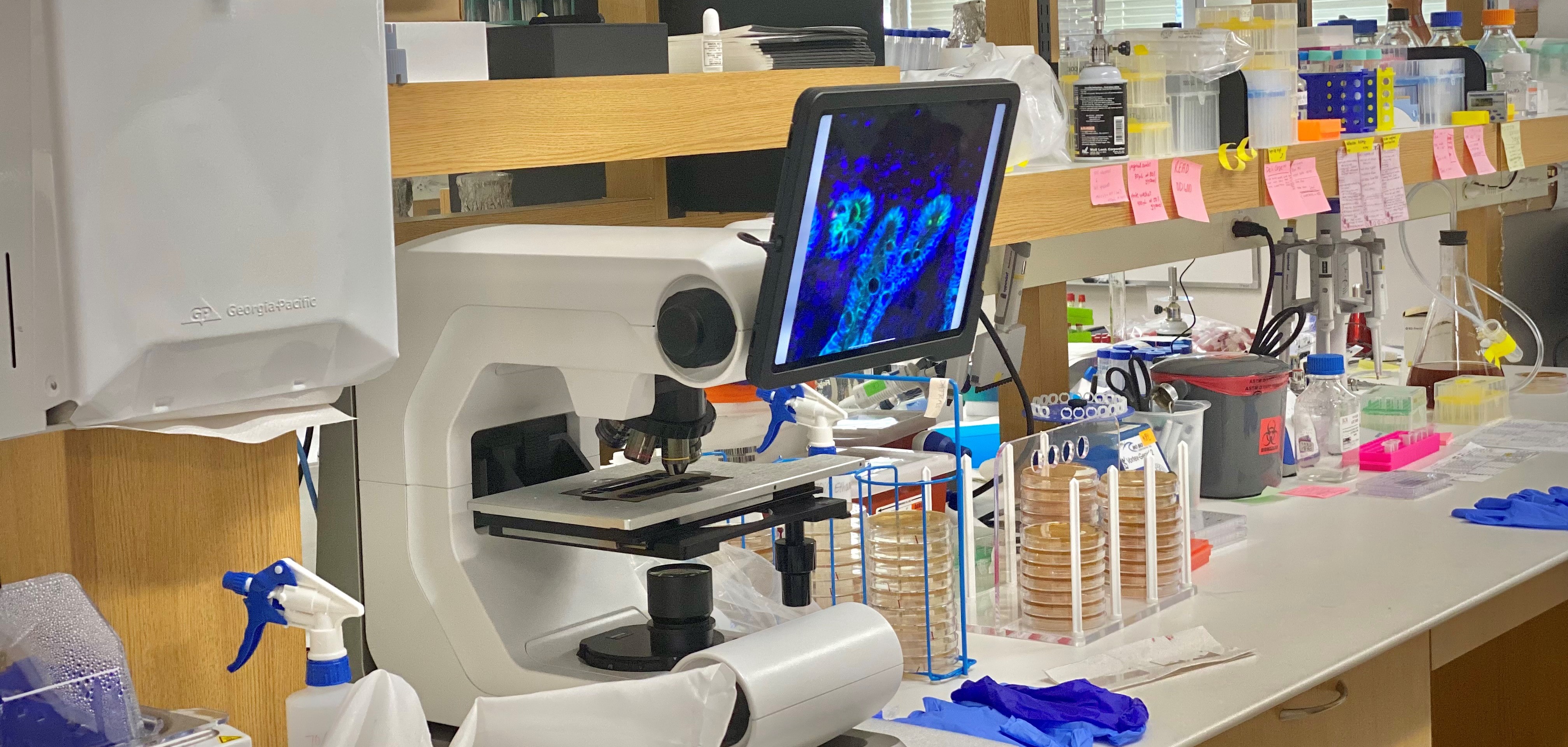The Morrison Government will provide $300,000 for development of a new learning framework to help nurses working with senior Australians from many cultures.
The framework will be particularly relevant to nurses working in aged care or providing health care to the significant and growing proportion of senior people in Australia who come from migrant and refugee backgrounds.
Our health system, including the aged care system, must be able and ready to respond to the needs of every person in our increasingly diverse society.
In 1981, 25 per cent of people aged 65 and over were born overseas. By 2011 this had grown to 36 per cent, with 61 per cent of these senior people born in non-English speaking countries.
Cultural responsiveness is essential to ensure that every senior Australian feels comfortable when receiving health care and aged care.
This is especially important in promoting mental and physical wellbeing for older people in aged care and dementia care, end of life care, and palliative care.
The new learning framework will be developed by the Migrant and Refugee Women’s Health Partnership, which is auspiced by the Migration Council of Australia.
It will comprise a series of voluntary, practical, learning modules available on the internet free of charge. It will include assessment and recommended resources.
The learning modules will align with the curricula for Registered Nurses and Enrolled Nurses, and the Nursing and Midwifery Board of Australia Code of Conduct and Standards for Practice.
The framework will add a new dimension to nurse education, training, professional development and practice involving senior Australians.
It will be available to both nursing students and any of Australia’s 365,000 practising nurses who want to undertake continuing professional development.
In February this year I also released Australia’s first Aged Care Diversity Action Plan to help guide aged care recipients of Culturally and Linguistically Diverse (CALD) backgrounds and their families in accessing aged care services; while assisting providers to ensure their services are inclusive and culturally safe for all consumers in their care.
In addition, people working in aged care—doctors, nurses, support staff and allied health workers—will be able to utilise this resource to better understand the perspectives of CALD people.








